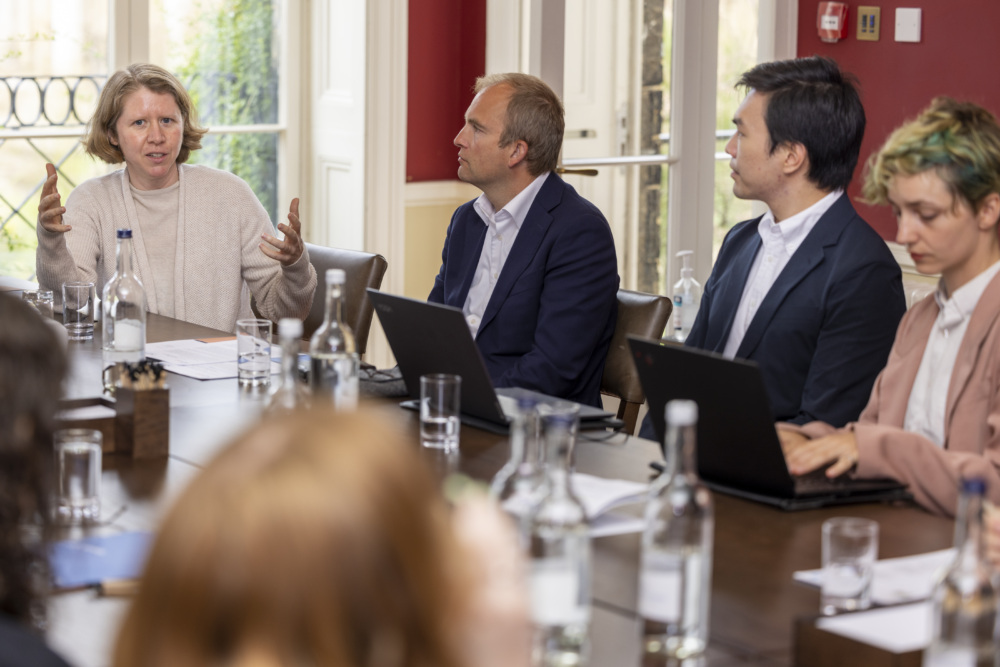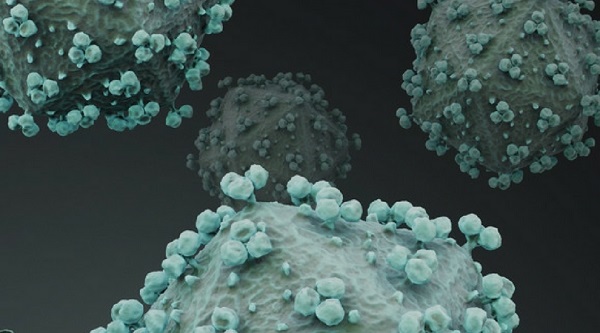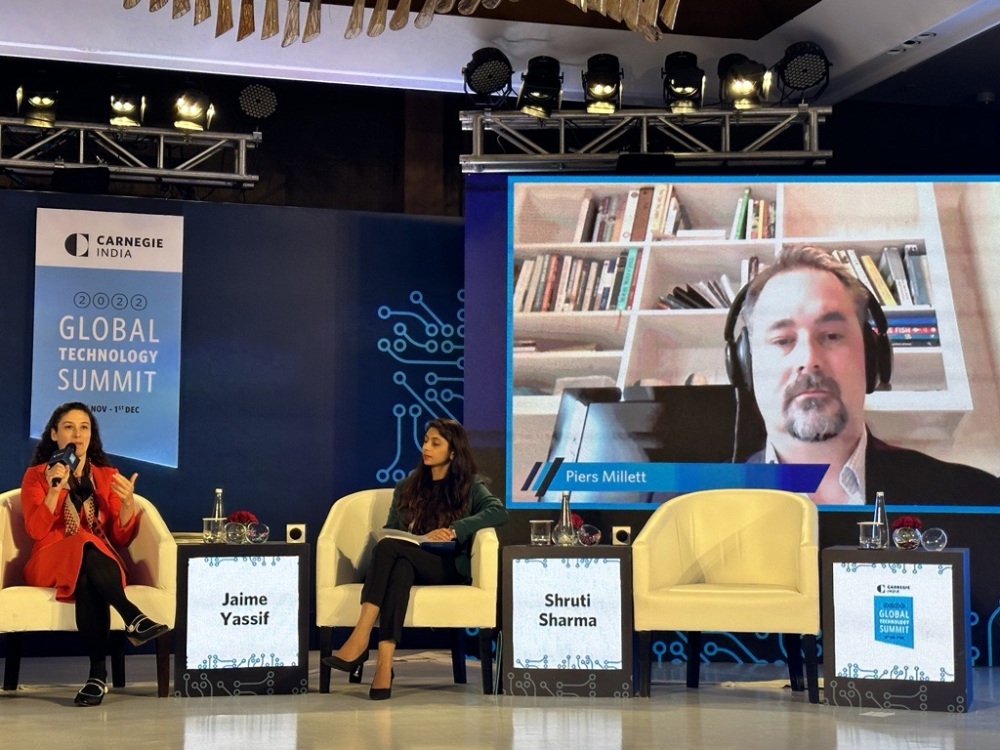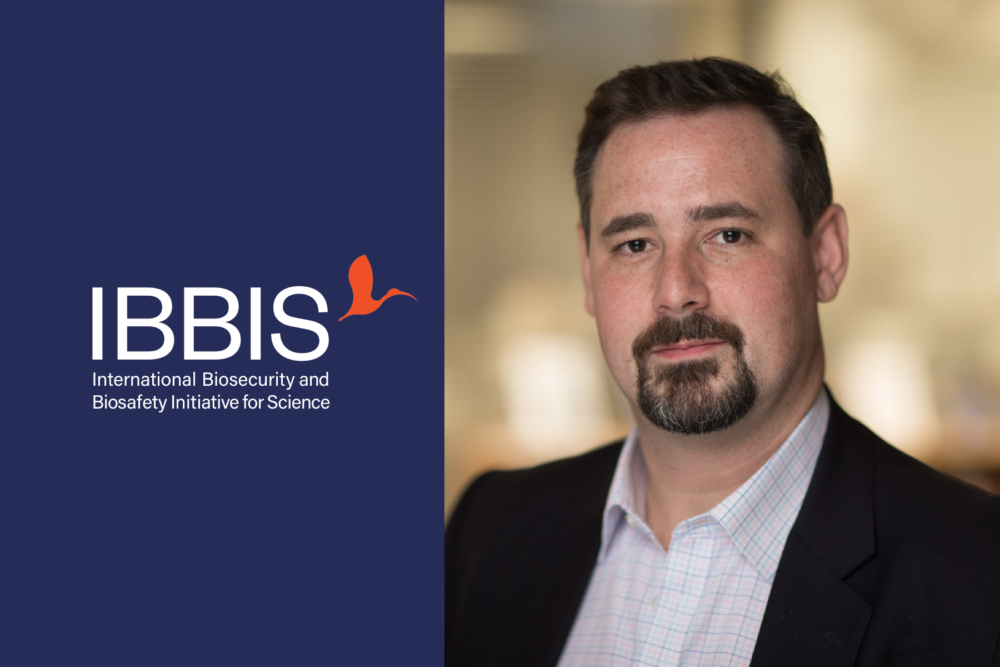NTI | bio, partnering with the Oxford University Future of Humanity Institute
(FHI) and the Johns Hopkins University Center
for Health Security (JHU CHS) convened an international group of
senior policy leaders and scientific and technical experts at Wilton Park
from Nov. 7-9 to assess the impact of advances in technology on global
catastrophic biological risks and brainstorm new ideas to address them. The
group, with expertise in life sciences and bioengineering, biodefense and
biosecurity, science policy, public health, infectious diseases, and
catastrophic risks, included representatives from 13 countries.
The group discussed and developed potential next steps
geared at three propositions regarding high-consequence biological events:
- As biotechnology advances, the taboo against
biological weapons will become more important for preventing high-consequence
events, whether accidental or deliberate.
- Advances in science and technology are making the
development of bioweapons capable of causing a high-consequence event more
feasible.
- High-consequence bioweapons could produce
catastrophic epidemics and international capacity to deal with these events
requires careful consideration and planning.
“This is a serious challenge that the global community must
continue to address,” said NTI | bio Vice President Beth Cameron. “The
confluence of advances in technology, increasing global insecurity and disorder,
and the potential for breakdown in established norms necessitates new ideas to
reduce risk and prevent misuse.”
Meeting participants identified several new potential approaches
for preventing, mitigating, or managing high-impact biothreats, including:
- Promoting global research coordination networks that share functional, technical, and policy norms and enhance transparency among researchers to both strengthen the taboo against biological weapons and promote collaborative global biodefense
- Piloting concepts for awarding a “seal of approval” among researchers and institutions to develop incentives for responsible science and disincentives for irresponsible behavior. This is a concept NTI is working toward through its Biosecurity Innovation and Risk Reduction Initiative launched Oct. 29
- Recognizing and work to mitigate risks of misuse associated with enabling technologies and services, such as DNA synthesis and cloud-based laboratories
- Developing an international response framework that maps gaps in the response architecture for biological weapons events and conduct tabletop exercises that take this into account
“Almost all participants agreed that scientific researchers,
their institutions, and non-governmental global networks have a responsibility
to assess and reduce risks associated with advances in science and technology
that can reduce the barriers to developing and using bioweapons,” said NTI |
bio Senior Director Jake Jordan referring to the results of anonymous polling
of participants. “One major goal coming out of this meeting is to gain
commitments from technical leaders around the world to work within their
countries and regions to make this view the norm.”
The initial event report includes other areas of consensus and differences of opinion from the
participant polling results.
This NTI effort is made possible through generous support
from the Open Philanthropy Project.





